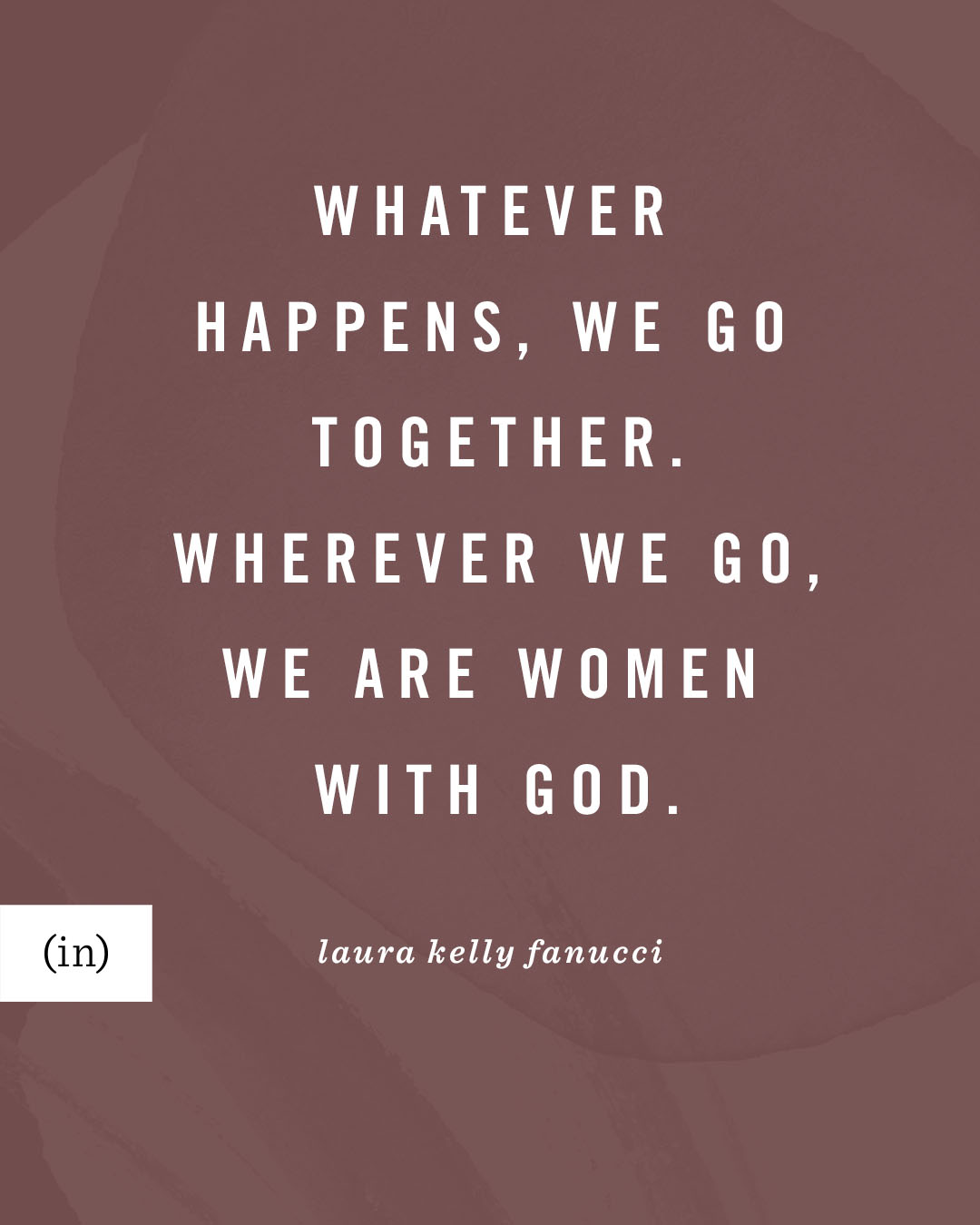When I was 22, I spent a year in France. Far from the glamour of Parisian cafes, I worked in a L’Arche home for adults with disabilities and in a Baptist homeless shelter for women and children. One of my volunteer assignments in the shelter was coordinating enrichment activities for the residents. I organized outings to parks, theatres, concerts, and museums — all offered free of charge by local municipalities, a healthy and holistic approach to homelessness.
One Saturday morning during a trip to the city swimming pool, I started chatting with Jan, a recently arrived refugee who had fled with her fiancé from North Africa in the hopes of finding a better life together in France. Both of them were highly educated and successful professionals in their homeland, but in a new country where they encountered red tape and racism at every turn, they were now struggling to make ends meet with low-paying jobs.
Still, the dream of freedom and opportunity sparkled in Jan’s eyes, even though her fiancé was now living in the men’s shelter and their plans for marriage were on hold for the time being. As we sat on the pool steps and watched children splashing, I offered to help her practice speaking English. She jumped at the chance to do the same for me with my French. Turns out we both needed each other.
A few weeks later, Jan introduced me to Sylvie, the mom of two adorable wild-haired kids who were new residents of the shelter. Sylvie was stressed and high-strung, understandable as she had just left an abusive marriage. She often snapped at her kids before meals when hunger ran high and patience ran short. But I always saw her apologize to them and ask their forgiveness, cuddling them both onto her lap while everyone waited for dinner to be served.
One day before lunch, I taught Sylvie’s kids how to say “yes” in English, and they spent the meal in peals of laughter, using their new word. “Yes” to the salad course, “yes” to the main course, “yes” to the cheese course, and dessert! For all the soup kitchens I knew back home, where meals were pieced together from disparate donations, I was amazed to see how the hungry were fed in France. A delicious, healthy, wholesome meal with multiple courses was offered in every home and school — why wouldn’t the same be true in a homeless shelter?
As months rolled on, I came to know the rhythm of life in the shelter. Meals together, work hours apart, excursions or exercise in the evenings. We sang, danced, and feasted. We also grumbled, disagreed, and disappointed each other. In short, we were human together.
But the most important truth I learned from the women I met was that we want the same things, all over the world. We want to be seen, known, and loved. We want to be safe, respected, and nurtured. We want to care for ourselves, our families, and our community.
We want to help each other survive and thrive.
In my early years of motherhood, I often thought back to the women in the shelter. When I was sleep-deprived, I pictured Jan and her fiancé, fiercely determined to keep working and clinging together. When my temper roared, I remembered Sylvie’s flare-ups — but also her forgiveness. Whenever I sat down to lunch at my table full of hungry, cranky kids, I remembered there was always enough time to pray and feast together — even if we only sang “Johnny Appleseed” over chicken nuggets and apple slices.
The women in France taught me the truth held in the story of Ruth and Naomi. Overwhelmed by loss and clouded by grief, Naomi despairs of any hope. Yet Ruth stands firm in faith, speaking words of commitment that have echoed through the centuries:
“Where you go, I will go;
where you lodge, I will lodge;
your people shall be my people,
and your God my God.”
Ruth 1:16 NRSVUE
Clinging together does not fix what has broken. Naomi is still bitter after Ruth promises her vow. Both women are still grieving for their husbands and everything they once knew. But their solidarity becomes the solid foundation for a new life together.
When I look at all that is broken, unjust, and evil in our world, Ruth’s words lift my head, too.
We must cling together as compassion-bearers. We are called to care for one another as caregivers. The bond between women of faith can remake the world around us, just as Naomi and Ruth forged a new future together. We belong to each other, as women of the same world and women of the same God.
Countries, marriages, careers, societies — they rise and fall. The women I met in the shelter turned out to be so similar to my friends and family back home. The lessons I learned from them stretched far beyond French slang or cultural etiquette. They taught me that wherever I go, I will find women of fierce faith and surprising strength. All of us hoping, dreaming, and working for a better world.
Whatever happens, we go together. Wherever we go, we are women with God.
For more of Laura’s writing, read her essays on finding God in daily life at The Holy Labor or follow her reflections on surviving cancer at The Compassion Brigade.
Leave a Comment







Reader Interactions
No Comments
We'd love to hear your thoughts. Be the first to leave a comment.